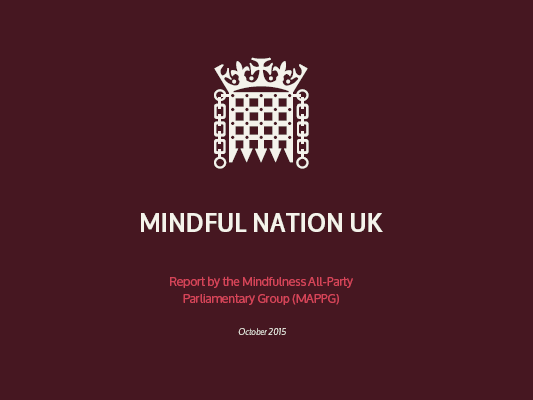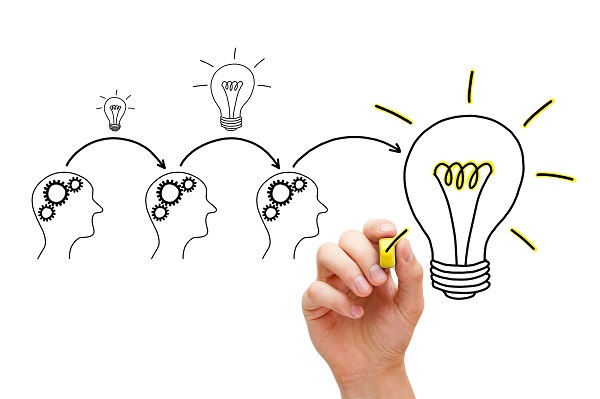For this, the first in a series of ‘Mindfulness is not…’ posts, I’d like to deal with the most common misconception I meet, and one that can pervade even those who regularly practice. The reason is that sometimes mindfulness meditation can be relaxing… but it certainly isn’t the intention of the practice.
So, what is the intention? Well, you’ve probably seen a definition of mindfulness, mine is ‘choosing to be aware, in the present moment, without judgement.’ The word mindfulness is a translation of the Pali work sati, which some also translate as awareness, though its somewhat more complex than any single translation (for example, see Mindfulness, by any other name) – though I’ve never seen any connection with the idea of relaxation… quite the opposite in fact.
Using a typical meditation as an example of formal mindfulness practice – choosing an anchor, such as the movement of body as you breath, and bringing your full attention to the phenomena of that anchor. In choosing a focal point such as the breathe, there may be little to entertain our busy minds, and before long (seconds!) you may find yourself planning what to have for lunch, wishing you’d said something different in an earlier conversation, or in a deep investigation of that idea you have to solve the world energy crisis… indeed anything but focusing on the body as it breathes. As soon as we realise our minds were off thinking about something else, we can choose to bring our attention back to our anchor. And this process may be repeated many, many times.
So, the intention is to be alert, focused and awake, with a light concentration on our anchor – which isn’t how I would describe relaxation. Just try doing it when you’re tired or hungry, it’s hard. That isn’t to say it shouldn’t be relaxing, if it is, well, then you might consider that a pleasant side effect.
Rather than the gentle numbness of relaxation, mindfulness is more about being awake to the realities of the present moment, including our thinking patterns, perceptions, automatic reactions, emotions and sensations. And with this reality, being able to make discerning choice about what, if anything, to do next.
-Mark
Mindfulness, by any other name…: trials and tribulations of sati in western psychology and science. Contemporary Buddhism, 12(1), 219–239.








